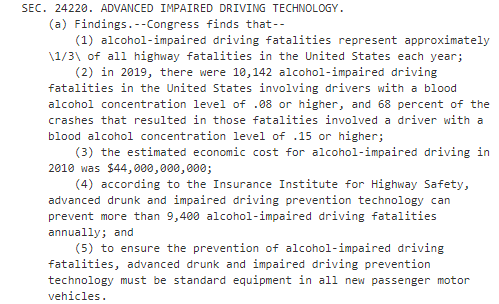
(Examples A, B, and C are the listed options manufacturers are expected to use
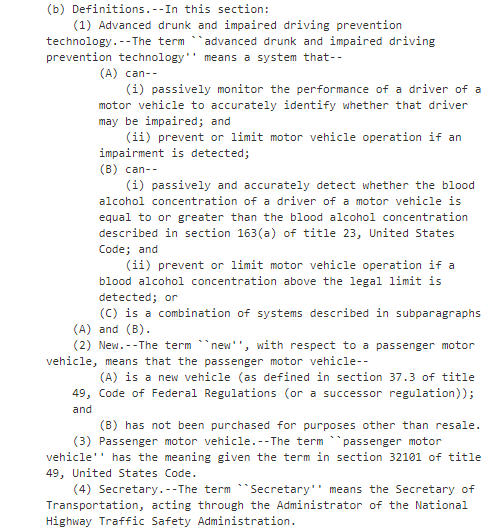
Given timetable: (2024 earliest theoretical, 2028 latest without delays)
SPOILER
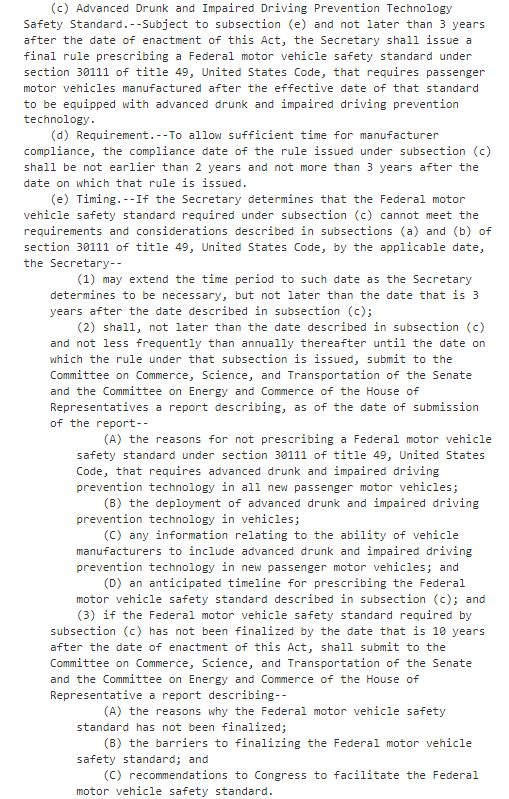
The Washington Post article on the legislation dives into some further possibilities these options present, with new upcoming tech that's being researched:
Many states already require breathalyzer interlocks for drunken-driving offenders, but experts expect the approach implemented under the mandate in the bill would be different. "It's entirely passive," Otte said. "For those being safe, it won't change the relationship with their car in any way."
NHTSA has been working with the Automotive Coalition for Traffic Safety (ACTS), an industry group, since 2008 on systems to discretely detect alcohol on drivers' breaths or in their blood. The Driver Alcohol Detection System for Safety project has been testing sensors in recent years, including with a Virginia transportation company, and hopes to have a road-ready approach by 2024.
Click to shrink...
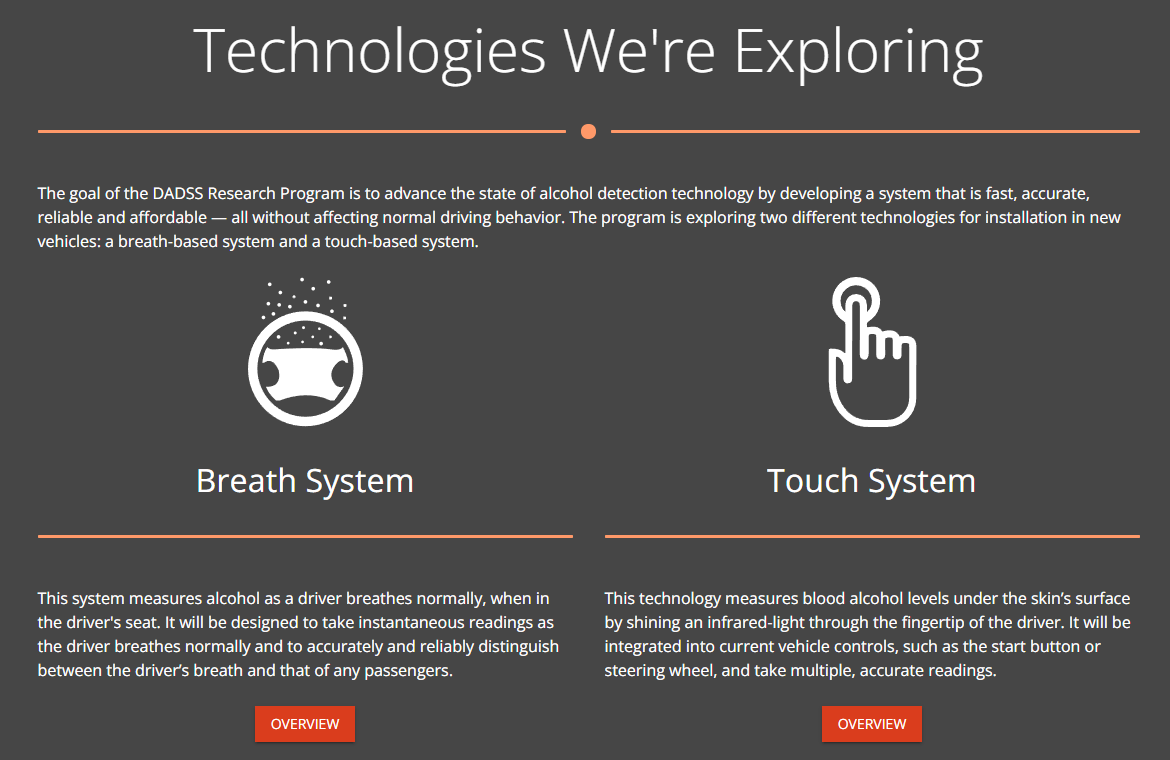

To already established technology, and the downsides involved:
Another option would be to rely on cameras that monitor drivers for signs they are impaired, building on systems that automakers are using to ensure people relying on driver assistance technologies don't lose concentration.
The Alliance for Automotive Innovation, another industry group, has said it favors the blood or breath sensors, raising concerns in a January letter to NHTSA that a camera-based system would not be reliable enough and could provoke a backlash among car owners.
"New technologies, especially those intended to provide a safety benefit, are subject to much scrutiny," wrote Scott Schmidt, the organization's vice president for safety policy. "When such technologies impact the autonomy of the driver, they require broad public acceptance."
Click to shrink...
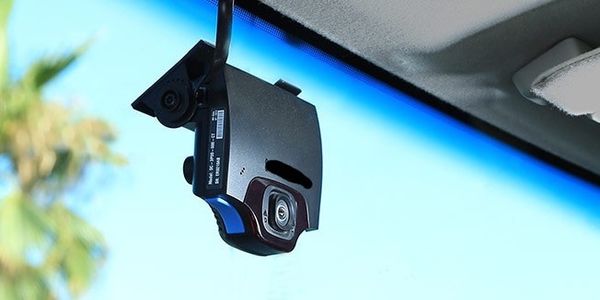
John Bozzella, the chief executive of the alliance, said in a statement Tuesday he appreciated that the bill gave regulators the flexibility to assess the best technological solution.
Schmidt pointed to the 1970s, when safety regulators required that cars not start if drivers weren't wearing seat belts. It was so unpopular that Congress quickly outlawed the approach.
Rob Strassburger, chief executive of ACTS, said that experience serves as a cautionary one for his team, which has been seeking to ensure consumers will accept anti-drunk driving technology. The group says its research indicates about three-quarters of drivers are on board.
Click to shrink...

